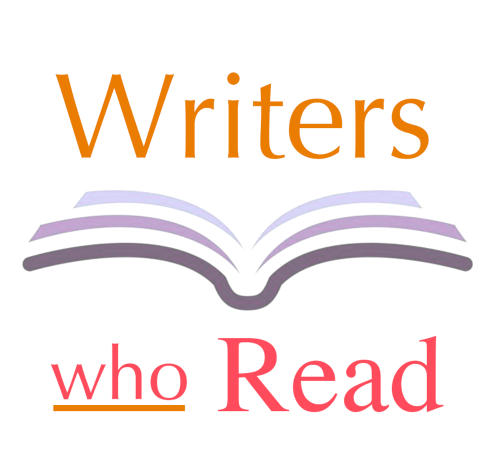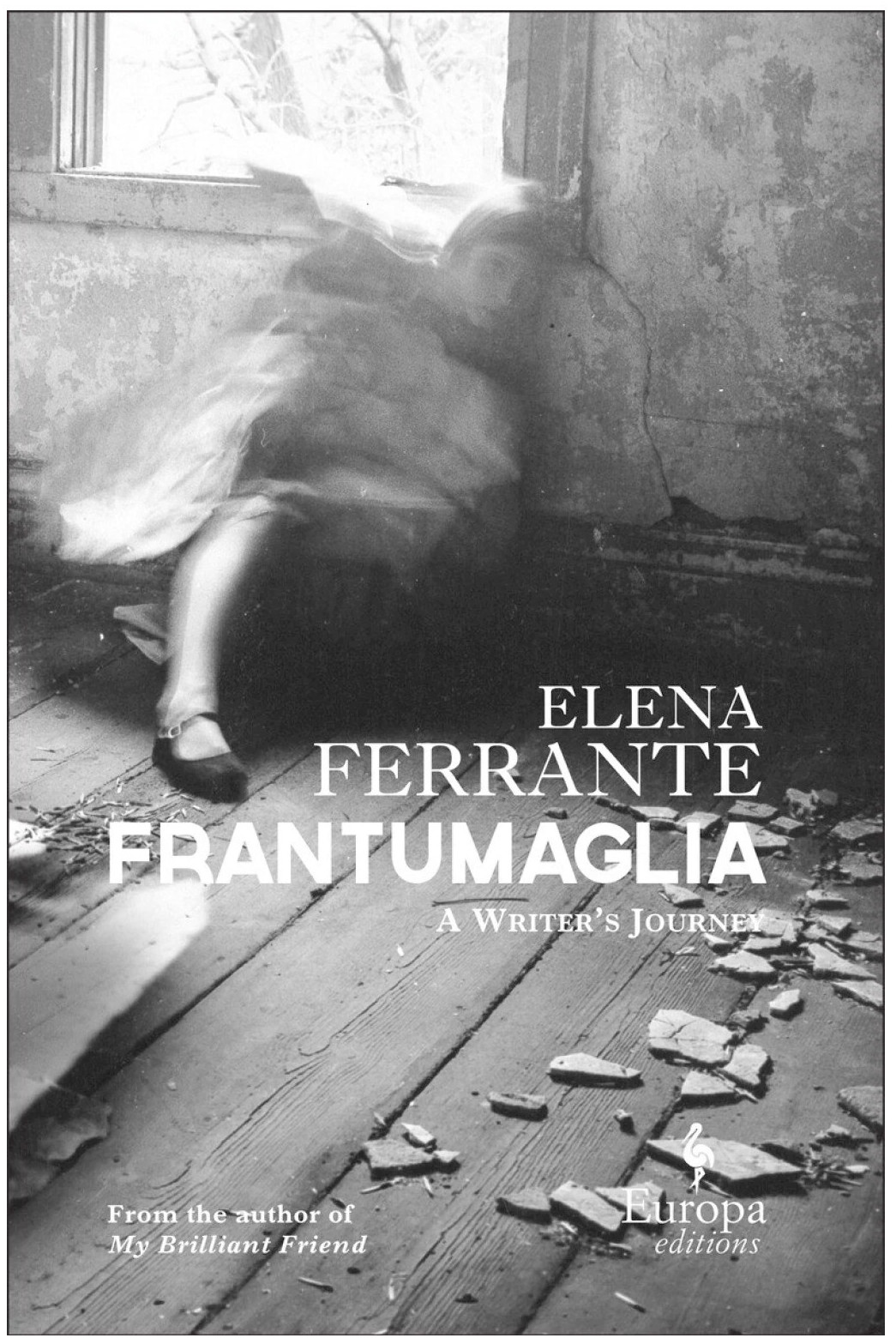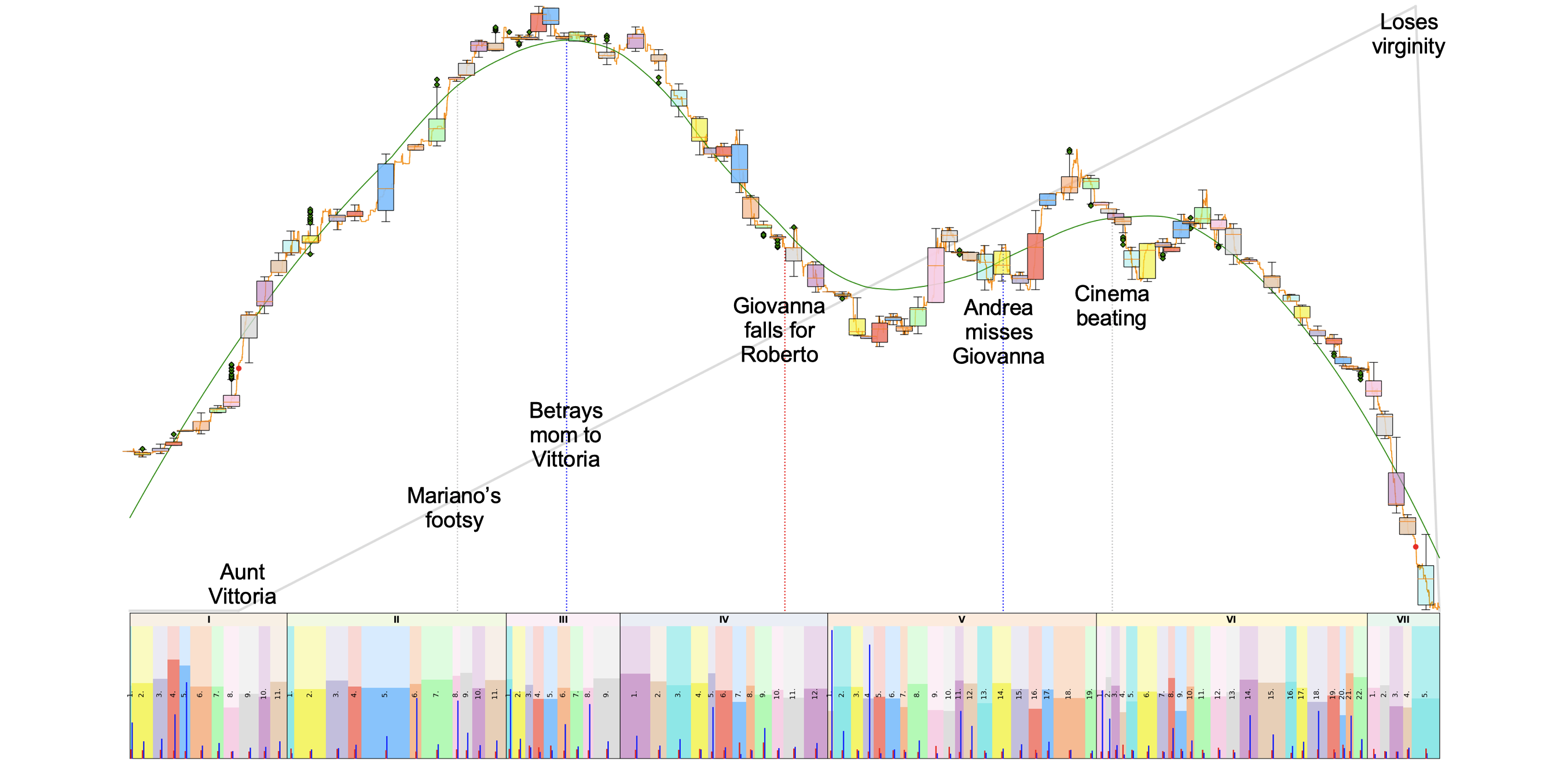
LIVE! #31
2 May 2021
Agenda
- Why We're Here / Roundtable Rules
- Introduction to Literary Forensics
- Group Discussion
- Further Study
Why We're Here
We writers want to improve our craft
by reading like a writer
We learn from each other
using Literary Forensics
Roundtable Rules
Always refer back to the book
Practice active listening & serendipity
Every feeling and observation is valid...
but not every conclusion
Always refer back to the book
Reading Teaches Writing
What you bring
What you feel
What you notice
What you study
What you bring
What you feel
What you notice
What you study
Introductions
What do you bring
to this book?
Today's author: Elena Ferrante
- Elena Ferrante is a pseudonym
- Author of 9 novels and 2 books of letters, interviews, columns
- Her identity is a closely-guarded secret by her publishers:
- - Edizione E/O (Italy) Sandro and Sandra Ferri
- - Europa Editions (US) Michael Reynolds
- - and translator Ann Goldstein
- Is she novelist Domenico Starnone?
- IDed in 2005 by literary critic using pattern recognition
- Is she translator Anita Raja?
- IDed in 2016 by reporter tracking bank records
- Starnone and Raja are married

"I describe common experiences, common wounds, and my biggest worry—not the only one—is to find a tone in writing that can remove, layer by layer, the gauze that binds the wound and reach the true story of the wound. The more deeply hidden the wound seems—by stereotypes, by the fictions that the characters themselves have tacked on to protect themselves; in other words, the more resistant it seems to the story—the harder I insist. Beautiful writing doesn’t interest me; writing interests me."
- Elena Ferrante, Fragments of Memory
"I don’t like the impressionistic type of critical work. I don’t like it when a text is taken as an occasion for talking about something else. I prefer works that concentrate on the page, that rigorously analyze the expressive strategies of the writer. A good critical work says to the reader: here’s where the author started from, here’s where he wanted to take me, here are the means he used, here are the goals he was aiming for, here are his debts to tradition, here’s why I liked or hated it."
- Elena Ferrante
"Reading is an extraordinary exercise. It doesn’t come naturally; it requires commitment—you have to transform pages crammed with signs into worlds full of life. But once reading has become an intellectual necessity, you can no longer do without it. I’m a very involved, disciplined, collaborative reader. I never abandon a book; even if I don’t like it, I read it to the last line. I always learn something. And I get enthusiastic—perhaps excessively so—when a book is a happy surprise. I recently read a novel that I thought was excellent. I read it in Italian, but I’d like to try to read it in English; I liked its tone very much. It’s called Outline, by Rachel Cusk."
- Elena Ferrante
What you bring
What you feel
What you notice
What you study
What do you feel?
What in the book elicited that feeling?
Every feeling and observation is valid...
but every conclusion should be questioned
We practice serendipity
- nothing is too crazy
Always refer back to the book
What you bring
What you feel
What you notice
What you study
What do you notice?

Smarginature
Bleeding or Dissolving
margins or boundaries
Acquiring density is one of Ferrante's writing techniques
illustrating the unknowability of characters’ minds.
“What decides the success of a character is often half a sentence,
a noun, an adjective that jams the psychological machine like a wrench thrown into the works and produces an effect
that is no longer that of a well-regulated device but of flesh and blood, of genuine life, and therefore incoherent
and unpredictable.”
- Elena Ferrante
Adolescence
School
Neighborhood
Aunt Vittoria
Divorce
Sex
Boys
God & Death
What you bring
What you feel
What you notice
What you study
The Lying Lives of Adults - Stats
- Marketing: Psychological Fiction, Coming of Age Fiction, Contemporary Women Fiction
- Genre: Realistic Historical Arch-Plot Long-Form
- Word count: 99,900
- Print Pages: 325
- Reading Level: 10th-11th grade
- POV: Giovanna
- Publish date: September 1, 2020
- Publisher: Europa Editions
- Sold By: Penguin Group USA
- Audio book narration: Marisa Tomei
- Best Book of 2020: The Washington Post, Oprah Magazine, TIME Magazine, NPR, People Magazine,
The New York Times Critics, Financial Times, The Guardian, Times UK, Irish Times, New York Post, Kirkus Reviews,
Toronto Star, The Globe and Mail, Harper’s Bazaar
- Upcoming Netflix series
What you bring
What you feel
What you notice
What you study
Happy Reading
and
Happy Writing!



